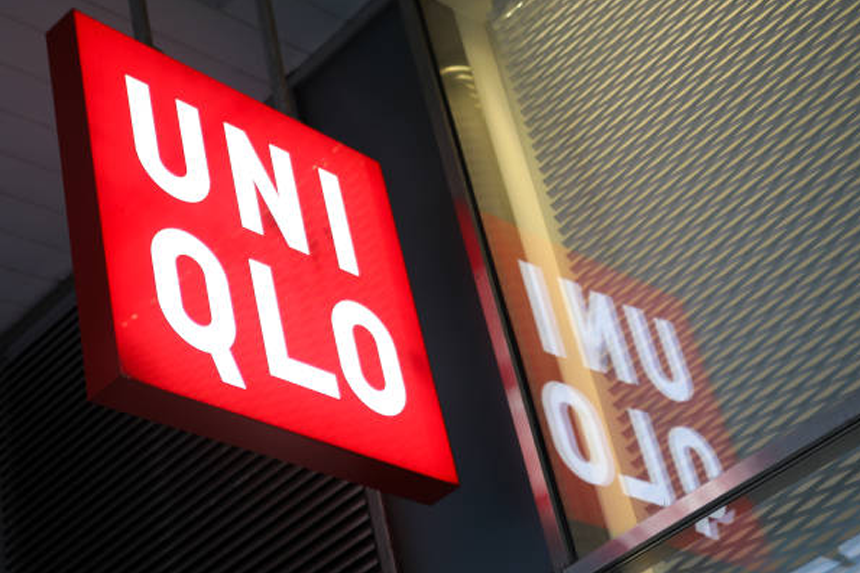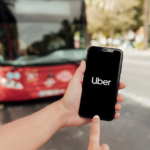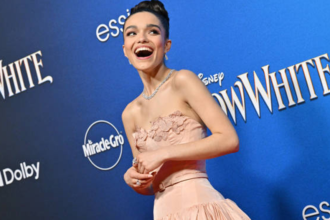Tadashi Yanai, the CEO of Fast Retailing, the parent company behind the global fashion brand Uniqlo, has confirmed for the first time that the company does not use cotton sourced from China’s Xinjiang region. His statement comes after years of uncertainty regarding Uniqlo’s position on the region’s controversial issue of forced labor. Xinjiang cotton has long been associated with high-quality fabric. Still, its reputation has been tarnished due to reports linking it to forced labor practices, particularly involving the Uyghur Muslim minority. Uniqlo’s decision to publicly address this matter highlights the ongoing pressures that global companies face as they navigate tensions between the United States and China.
- What's the Issue with Xinjiang Cotton?
- Why Did Yanai Stay Neutral, and Why Did He Change His Stance?
- How Are Global Companies Affected by Politics?
- Is Uniqlo Focusing on Expansion in the West?
- Is Uniqlo Looking to Shift Manufacturing Away from China?
- How Is Uniqlo Competing with Ultra-Fast Fashion Brands?
- What Is Yanai's Vision for Uniqlo's Future?
- What Challenges Could Uniqlo Face in the Future?
What's the Issue with Xinjiang Cotton?
Xinjiang cotton has been one of the world’s most prized materials, historically known for its superior quality. However, the region has faced international scrutiny in recent years due to allegations that the cotton is produced using forced labor, primarily from the Uyghur minority. In 2022, the United States imposed stringent regulations on imports from Xinjiang, banning goods suspected of being produced using forced labor. As a result, many global brands, including Nike, H&M, Adidas, and Burberry, removed products containing Xinjiang cotton from their shelves to comply with these regulations.
How Will Trump Tariffs Impact Nike and the Broader US Economy?
The backlash in China was swift. Chinese consumers boycotted brands like H&M, and their products were pulled from major e-commerce platforms. This created a dilemma for companies operating in both the Western and Chinese markets, which are significant for international businesses.
Why Did Yanai Stay Neutral, and Why Did He Change His Stance?
During this period of heightened scrutiny, Mr. Yanai had refrained from commenting on whether Uniqlo used Xinjiang cotton. At the time, he wanted to maintain neutrality between the US and China, which helped Uniqlo maintain its popularity within China’s vast retail market. However, Yanai recently broke his silence, stating unequivocally, “We’re not using [cotton from Xinjiang].”
Despite the clarity of his statement, Yanai quickly added, “By mentioning which cotton we’re using… Actually, it gets too political if I say anymore, so let’s stop here,” signaling his hesitation to delve deeper into the politically charged discussion.
How Are Global Companies Affected by Politics?
The increasing pressures that global corporations face due to political tensions between China and the United States are undeniable. Companies must now choose sides, as Beijing and Washington influence multinational businesses. Japan, with its ties to the US, is expected to lean more closely to American interests in these matters.
This shift in Uniqlo’s stance comes from geopolitical tensions shaping global business strategies. Companies are under increasing scrutiny for their supply chains, especially regarding issues like forced labor and human rights violations. With China being a key market for Uniqlo, the company must carefully balance its public image in both the Western and Chinese markets.
Is Uniqlo Focusing on Expansion in the West?
While China remains a critical market for Uniqlo, Yanai is eyeing further expansion, particularly in the West. Despite Uniqlo’s recent efforts to grow its presence in Europe and the United States, Yanai admits, “We are not a known brand globally.” However, Asia remains its largest market, with the company having more stores in China than Japan.
Yanai elaborated on Uniqlo’s growth strategy in China: “There are 1.4 billion people in China, and we only have 900 to 1,000 stores. I think we can increase that to 3,000.” With China’s enormous population and growing middle class, Uniqlo sees ample room to expand its footprint despite the potential political risks involved.
Is Uniqlo Looking to Shift Manufacturing Away from China?
China has long been a central hub for Uniqlo’s manufacturing, but Yanai has recognized the challenges of depending too heavily on the country. In 2009, when 80% of Uniqlo’s products were made in China, Yanai announced plans to diversify production by moving some manufacturing to lower-wage countries like Cambodia. However, he admitted that replicating China’s manufacturing success in other countries has proven difficult, as transferring years of expertise to other regions has been challenging.
China remains Uniqlo’s single largest manufacturing hub, though the company also produces clothing in Vietnam, Bangladesh, Indonesia, and India. These regions are essential in helping Uniqlo maintain its competitive edge by keeping costs low.
How Is Uniqlo Competing with Ultra-Fast Fashion Brands?
Uniqlo faces growing competition from ultra-fast fashion companies like Shein and Temu, which have taken the market by storm with their affordable, high-turnover collections. These brands are gaining popularity among price-conscious consumers, particularly those in China and other parts of Asia. However, Yanai has expressed his skepticism about the future of this fast-fashion model.
“I don’t think there’s a future for fast fashion,” Yanai said firmly. “They’re producing clothes without careful consideration, which you only wear for one season. That is a waste of the planet’s resources.”
Instead, Uniqlo’s strategy offers essential, timeless pieces designed to last for years, aligning with a growing global interest in sustainability.
What Is Yanai's Vision for Uniqlo's Future?
Tadashi Yanai, 75, has led Uniqlo for over four decades, transforming the company from a small retailer with annual sales of around 100 million yen to a global fashion giant with revenues reaching 3 trillion yen this year. His ambition to overtake Inditex, the owner of Zara, as the world’s largest fashion retailer before he retires reflects his determination to push Uniqlo to new heights.
However, achieving this goal will require expanding beyond China, where the company already faces challenges in a highly competitive market. Increasingly, Western consumers emphasize the ethical practices of the brands they support, especially concerning issues like forced labor and environmental impact. This trend will likely influence Uniqlo’s strategies to balance growth with global consumer expectations.
What Challenges Could Uniqlo Face in the Future?
Yanai’s ambitions could face additional hurdles as the global trade landscape becomes more complicated. With the possibility of Donald Trump returning to the White House and pledging to impose higher tariffs on Chinese-made goods, Uniqlo may encounter more significant pressure to diversify its production and supply chains even further. As tensions between the US and China continue to shape the international market, Uniqlo’s ability to navigate these challenges will be crucial to its future success.
In conclusion, Uniqlo’s approach to transparency, ethical sourcing, and expansion across global markets will be tested in the coming years. With the world watching, Yanai’s leadership will play a key role in shaping the company’s next chapter, as it aims to become the world’s largest fashion retailer.








